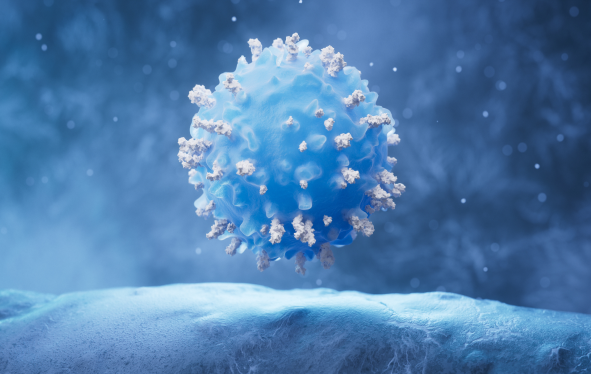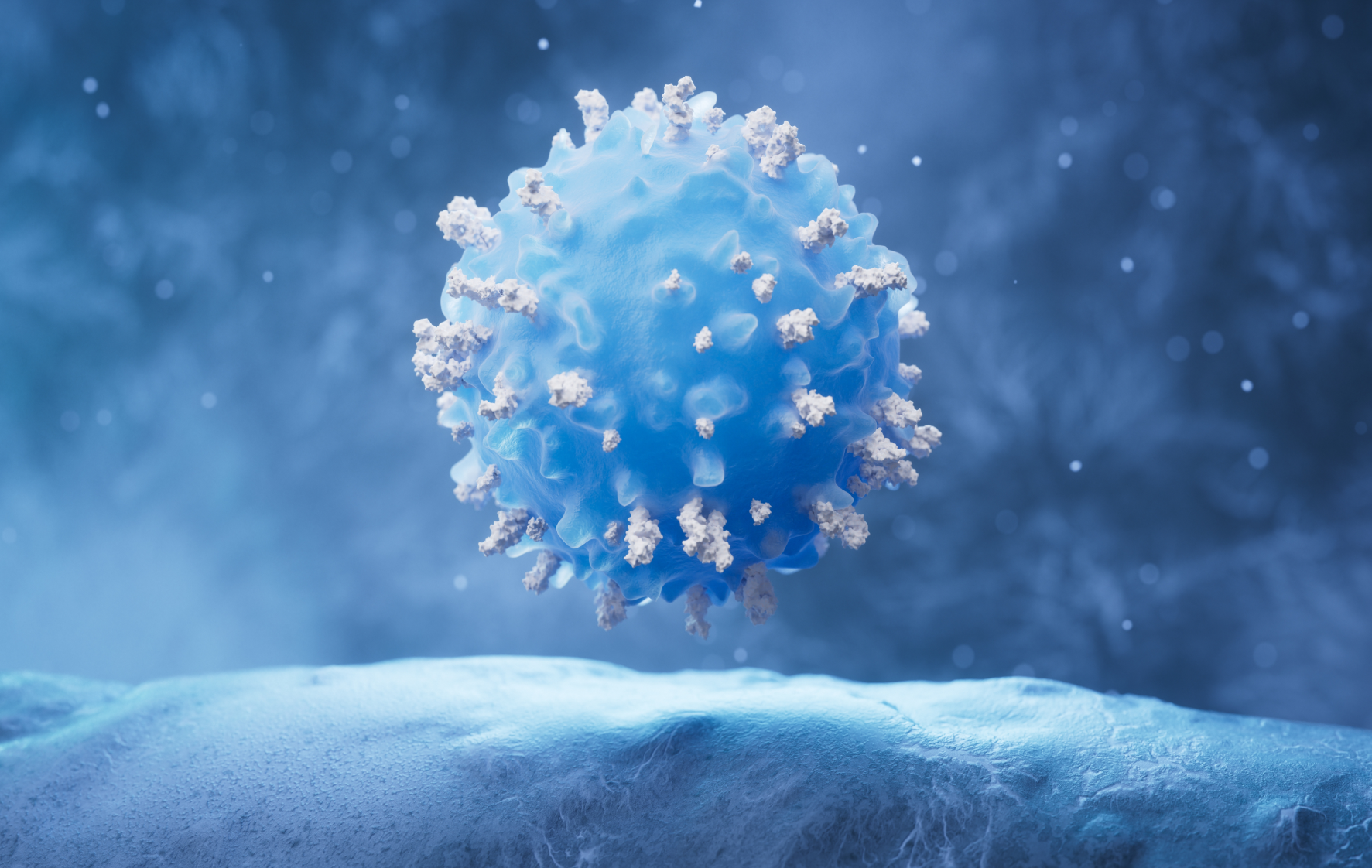

Our Mission at GNT Animal Health
We aim to provide products that go beyond merely treating and controlling animal diseases.
R&D
Pipeline
| Name | Target disease | Domestic | Global |
|---|---|---|---|
|
|
||
|
Crisdesalazine1) (GedaCure® for dog) |
Canine cognitive dysfunction syndrome |
||
|
Crisdesalazine1) (GedaCure® for cat) |
Feline cognitive dysfunction syndrome |
||
|
Crisdesalazine (Gedacure® for dog) |
Canine epilepsy | ||
| Crisdesalazine |
Canine /Feline autoimmune disease |
||
| Nelonemdaz |
Feline arterial thromboembolism |
||
| GAH0012) |
Canine/Feline pancreatitis |
||
| GAH0022) |
Canine/Feline inflammatory bowel disease |
||
-
- 1)
-
GedaCure® was applied for the U.S. and PCT patent and planned to enter overseas markets through collaboration with global veterinary medicine companies.
-
- 2)
-
GAH will devote itself to R&D to discover new drugs for companion animals who are suffering from diseases with absence of effective treatments.


Feline cognitive
dysfunction syndrome
dysfunction syndrome
Feline cognitive dysfunction syndrome (feline dementia; feline CDS) is a neurodegenerative
disease that occurs in old cats, where pathological changes in the brain similar to those
of human Alzheimer's disease are observed.
Similar to canine cognitive dysfunction syndrome, behavioral changes such as disorientation, changes in social interaction and
sleeping patterns, house soiling, and changes in physical activity level occur characteristically in the feline CDS. Therefore,
development of new drugs for feline CDS is needed since no appropriate treatments exist.


Canine/Feline pancreatitis
Canine/Feline pancreatitis is a disease that causes pain and loss of pancreatic function due to inflammation of the pancreas
which secretes digestive enzymes and regulates blood glucose metabolism. Common clinical symptoms of pancreatitis include
vomiting, diarrhea, lack of appetite, and abdominal pain. Fluid therapy, analgesics, and antiemetics can be used to alleviate
symptoms. But there are no specific treatments to be able to fundamentally treat pancreatitis.


Canine/Feline inflammatory bowel disease
Canine/Feline inflammatory bowel disease (IBD) is a type of chronic enteritis, which is one of the most common digestive system
disease causing persistent inflammation in the gastrointestinal tract. The exact causes of IBD are unknown, but it is known to
be caused by various factors related to immune system abnormalities or dietary factors.
Chronic vomiting and diarrhea are the most common clinical
symptoms, and the treatments include diet and immunomodulatory
drugs. However, the risk of side effects of immunomodulatory drugs
makes them difficult to treat for a long time. There are many cases of
poor prognosis, so the need for new drug development is emerging.


Canine Epilepsy
Pivotal studyEpilepsy is a disease in which seizures occur due to problems with the electrical signals in the brain. It can be
classified
as structural problems such as inflammation, tumors, hydrocephalus, and stroke, and idiopathic with an unknown cause.
Epilepsy can be treated with treatments
for the cause of the seizure and anticonvulsants to reduce the number of seizures, but
due to side effects and resistance to long-term use of the drugs,
there is a need to develop safe drugs with new mechanisms of
action.


Canine/Feline autoimmune disease
PreclinicalAutoimmune diseases are diseases in which the immune system malfunctions and attacks normal cells, tissues, and
organs, weakening their function and threatening life.
More than 80 autoimmune diseases have been reported, and steroids and
immunosuppressants can be used as treatments, but due to various side effects,
there is a need for the development of safe drugs
with new mechanisms.


Feline arterial thromboembolism
Pre-clinicalCats with hypertrophic cardiomyopathy, a heart disease, are at greater risk for developing thrombosis. This is very
deadly to cats. There is no definitive treatment for this, and even if treatment is administered to dissolve the clot, the
patient’s condition may worsen due to reperfusion injury.
There is a need for a new drug that can prevent this.